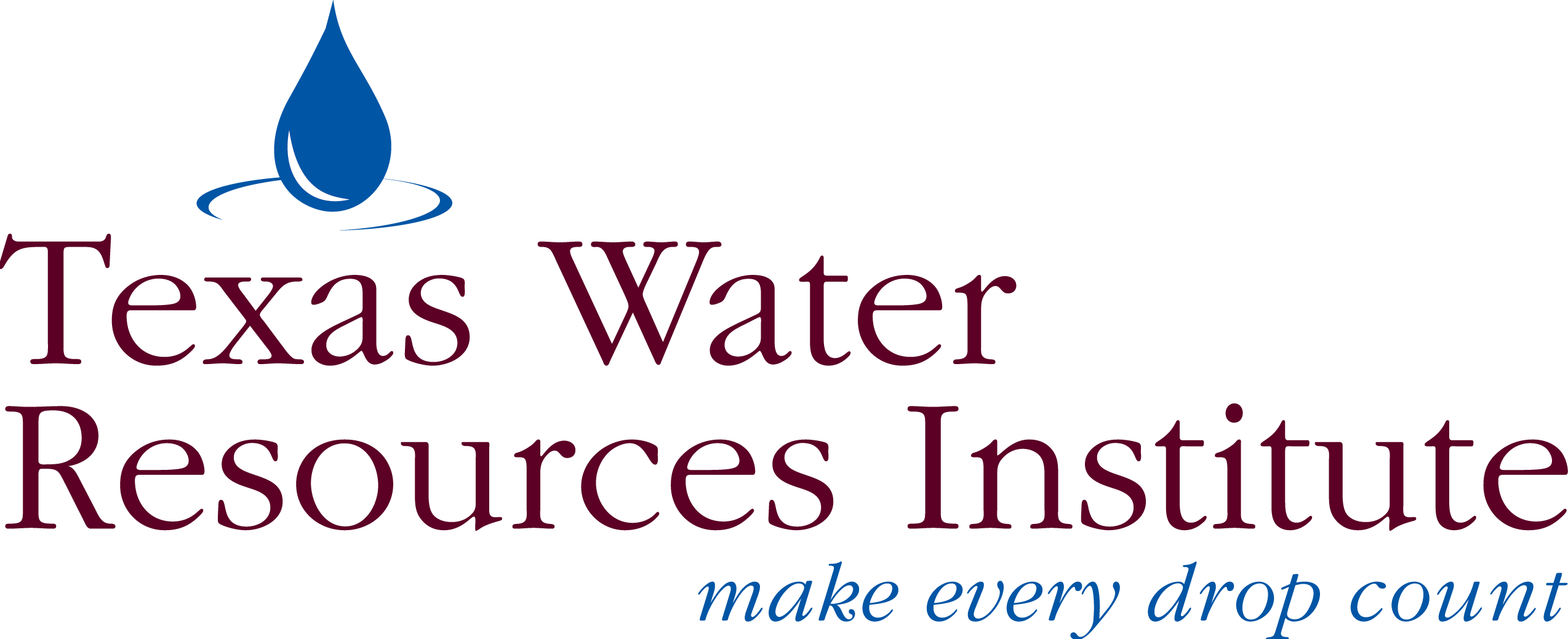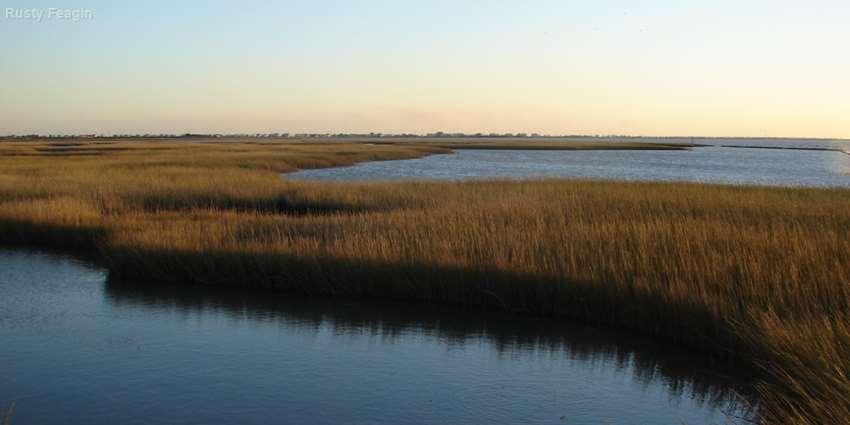May is American Wetlands Month, celebrating the ecological, economic and social importance of wetlands. American Wetlands Month was established in 1991 by the Environmental Protection Agency.
Wetlands are areas of land that are permanently or seasonally inundated with water, like marshes, swamps and bogs.
These water sources are critical ecosystems that house fish, plants and wildlife. Wetlands also act as natural filters by absorbing nutrients, sediments and other pollutants before they reach larger bodies of water like rivers, lakes and oceans.
The presence and abundance of wetlands are threatened by climate change, driving the need for conservation efforts.
As temperatures increase and the timing and duration of precipitation changes, wetland conditions will have to adapt. Coastal wetlands are also extremely vulnerable to sea-level rise, altering water and soil chemistry.
To learn more about the importance of wetlands, check out these TWRI articles:
- How to build over 4,000 acres of wetlands from scratch
- Wetlands: Water’s original filter
- Playas: Refilling the Ogallala Aquifer?
- Across Texas, diverse wetlands are benefiting Texans — and facing threats
- Partners transform abandoned wastewater treatment ponds into coastal wetland habitat
- Land use and climate changes are throwing estuaries off balance
- Breaking barriers
- Disappearing habitat
To stay up to date with news and resources about wetlands this May, follow #AmericanWetlandsMonth on social media.



